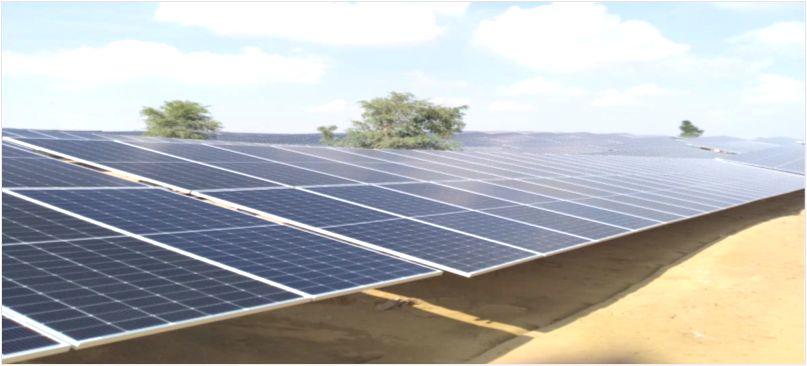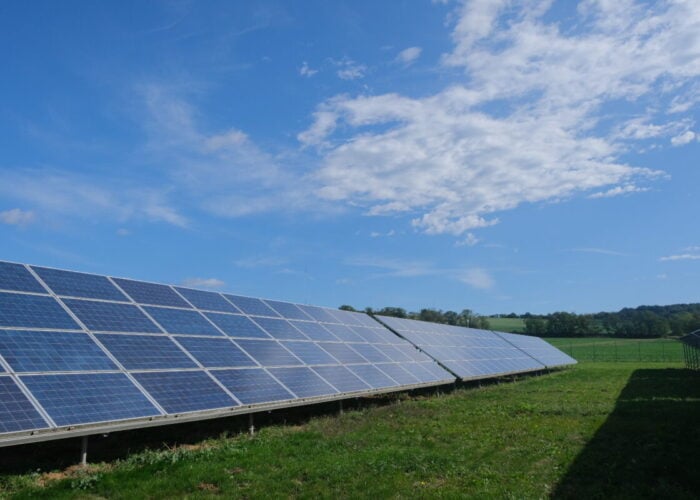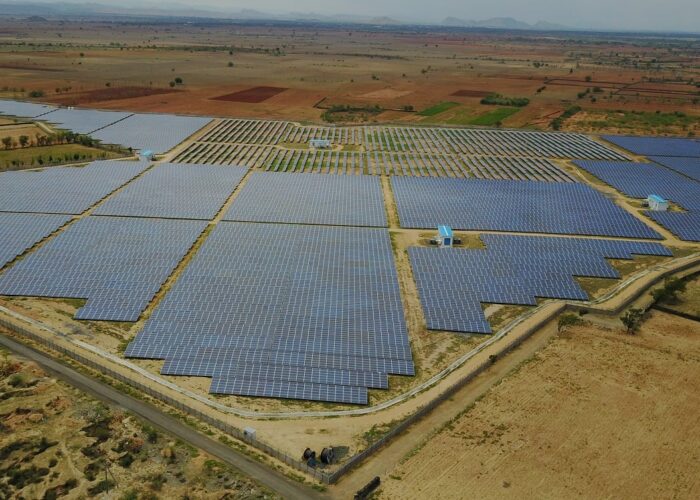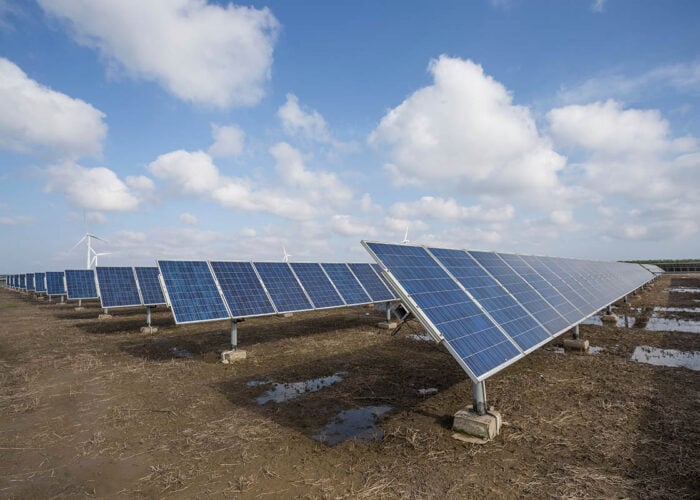
NLC India Limited, a subsidiary of the Indian Ministry of Coal, will begin construction at a 300MW solar project in the Bikaner district of Rajasthan.
The facility will be funded by the Ministry of New and Renewable Energy’s Navratna Central Public Sector Enterprises (CPSE) scheme, an initiative to empower a group of public sector companies to invest up to US$1.2 billion (INR100 trillion) into infrastructure projects without the need for central government approval.
Unlock unlimited access for 12 whole months of distinctive global analysis
Photovoltaics International is now included.
- Regular insight and analysis of the industry’s biggest developments
- In-depth interviews with the industry’s leading figures
- Unlimited digital access to the PV Tech Power journal catalogue
- Unlimited digital access to the Photovoltaics International journal catalogue
- Access to more than 1,000 technical papers
- Discounts on Solar Media’s portfolio of events, in-person and virtual
Once construction at the new Bikaner solar project is completed, NLC India Limited will be the first company within a CPSE scheme to have installed 1GW of solar generation capacity through the initiative, having won a contract to develop an 810MW project elsewhere in the state last year.
As part of the deal, NLC India Limited will sell power generated at the project to Rajasthan Urja Vikas Nigam, the state department responsible for managing the energy sector in Rajasthan. Indian prime minister Shri Narendra Modi will lay the project’s ceremonial first stone “virtually” tomorrow, according to the Ministry of Coal, and the ministry expects to commission the project in September this year.
The Ministry of Coal also noted that the project would use “high-efficiency bifacial modules” built in India, but did not specify further technical details of the equipment involved in the project. Regardless, the use of Indian-made panels will be significant for the Indian solar manufacturing sector, which has received significant government support in recent years.
The government has committed US$3.2 billion to two production-linked incentive schemes, and the country’s annual module manufacturing capacity is expected to reach 110GW by 2026, according to the Institute for Energy Economics and Financial Analysis.
The news is the latest development in the Indian solar sector, which has seen a flurry of deals at the start of the year, reversing a decline in solar additions in 2023, where additions fell by 28% compared to new installations in 2022. This week, Avaada Energy secured 1.4GW of tenders for new solar projects, and Hartek announced plans to build a 75MW project in the state of Bihar.







